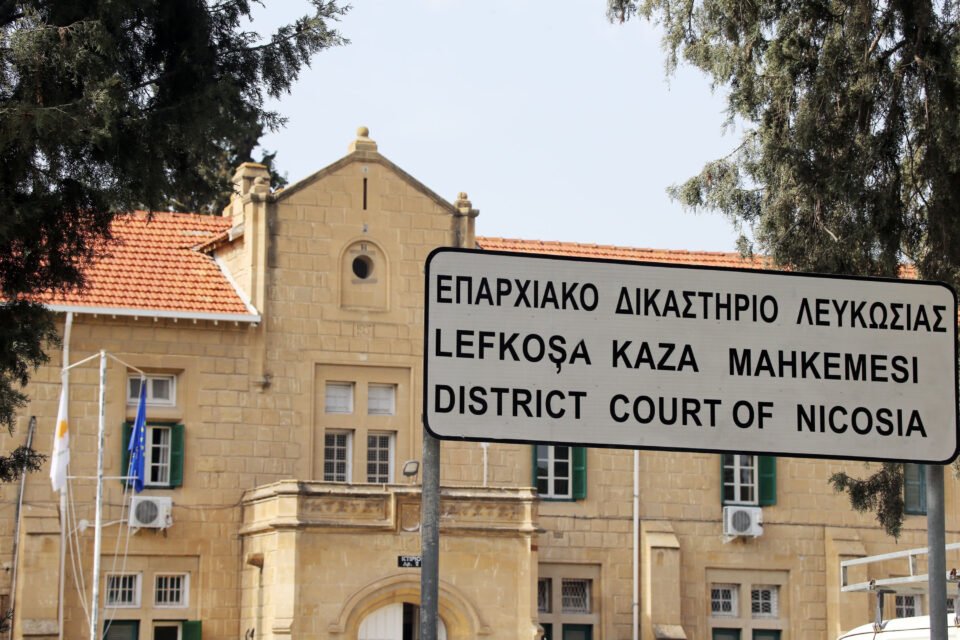The European Commission acknowledged in its rule of law report for 2024 that some progress had been made by Cyprus in tackling long term weaknesses of the system of justice, but it did not ease the pressure.
According to the Commission’s report there was still much to be done, with regard to reducing the time required for the completion of civil and administrative court cases – by far the longest in the EU at six and seven years respectively. It conceded, however, that the measures taken to reduce the excessive length of proceedings were working and progress was being made.
The report also questioned the mode of operation of the authorities, investigating corruption, noting that few cases advanced and that “the number of convictions remained limited.” There had not been any convictions, as far as we know, the authority against corruption taking a very long time to complete investigations, even though more people were hired.
A big issue addressed was the separation of the advisory and prosecutorial functions of the attorney-general, although it was acknowledged that the government had prepared bills for this matter. The Commission sees the dual role of the attorney-general (AG) as legal advisor of the state and public prosecutor as a weakness which “may undermine the effectiveness of the criminal justice system, the broader anti-corruption framework and business environment.”
This separation of powers has been a matter of public debate for some time now and the government has taken the decision to make the necessary changes. The law proposals also provide for greater accountability in decisions taken by the AG not to prosecute or to discontinue a prosecution. At present, there is no obligation for the AG to publicly explain these decisions, but under the new law, interested parties would be able to submit a request for a review.
How long it will take the legislature to discuss the bills and approve them nobody can predict, but it is important that the reform has been set in motion. It is a radical reform that could require some time for full implementation because it will change the structure of the legal service, but it needs to be done. The Commission considers it a necessity as its report makes clear.
On balance, it is a positive report as it acknowledges that progress was being made in tackling the weaknesses of the legal system, while also pointing out that more should be done. The anti-corruption authority’s effectiveness will be judged when it completes its investigation of the corruption allegations made against former president Nicos Anastasiades.
There was also a problem for which there were no obvious solution, like the shortage of judges. Invitations for judicial appointments “failed to attract satisfying numbers of qualified lawyers” said the Commission’s report. This is not something that can be addressed through legislation but a solution must be found because without more judges the court delays would remain a feature of the system.







Click here to change your cookie preferences